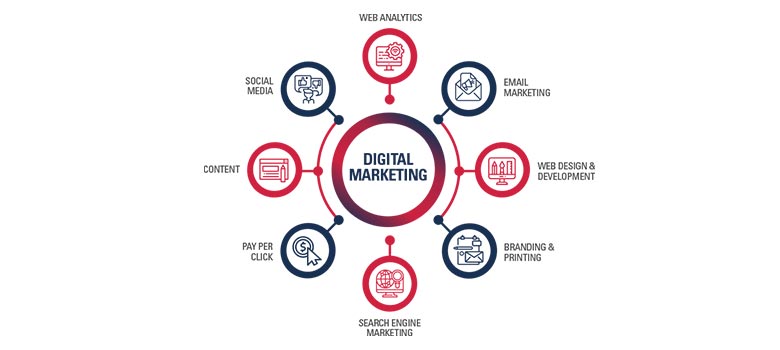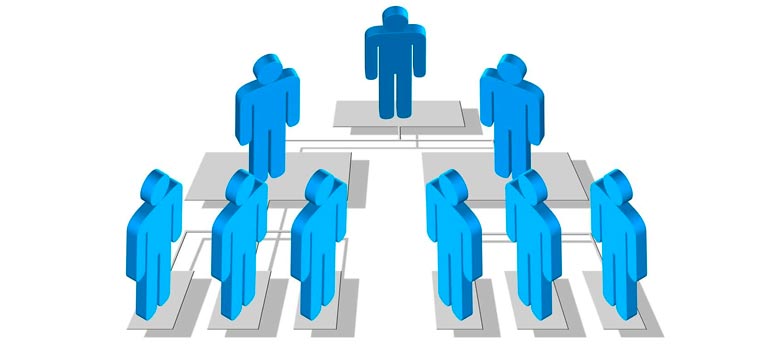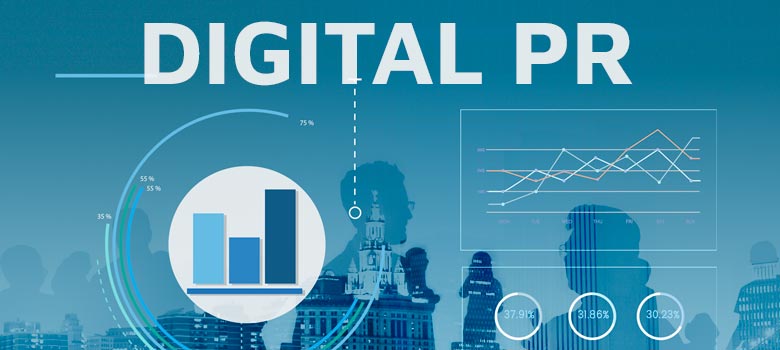ERP Systems for Small Business in Bangladesh
ERP stands for Enterprise Resource Planning. It is a software system that helps organizations manage and integrate their business processes and data across departments and functions in real-time. ERP systems typically provide modules for managing key business functions such as accounting, inventory management, human resources, customer relationship management, and supply chain management.

Do you need ERP as a small business?
Whether or not an ERP system is necessary for a small business depends on various factors such as the size of the business, its industry, and its growth aspirations. ERP systems can be costly and complex to implement, which may be a deterrent for small businesses with limited resources. However, for small businesses that are growing rapidly, an ERP system can help streamline operations, improve efficiency, and provide real-time visibility into key performance metrics.
Right Time for ERP Consideration for SME
In general, it is recommended that small businesses consider implementing an ERP system once they have grown to a certain size or complexity where they have outgrown their existing systems and processes. The decision to implement an ERP system should be based on a careful analysis of the business requirements, costs, and benefits. It is important to select an ERP system that is tailored to the specific needs of the business and that can be easily customized and integrated with existing systems.
Common Features of Small Business ERP.
The features of an ERP system may vary depending on the specific software and its modules, but some common features of ERP systems include:
- Accounting and Financial Management: This module includes features such as general ledger, accounts payable, accounts receivable, fixed asset management, and financial reporting.
- Inventory Management: This module includes features such as inventory tracking, reorder points, bill of materials, and inventory forecasting.
- Supply Chain Management: This module includes features such as purchasing, vendor management, order management, and logistics.
- Human Resources Management: This module includes features such as employee data management, payroll processing, benefits management, and performance tracking.
- Customer Relationship Management: This module includes features such as sales management, marketing automation, customer service management, and customer analytics.
- Project Management: This module includes features such as project planning, resource management, project tracking, and collaboration tools.
- Business Intelligence and Analytics: This module includes features such as data mining, data visualization, reporting, and forecasting.
- Manufacturing: This module includes features such as production planning, scheduling, shop floor control, and quality management.
- Compliance and Risk Management: This module includes features such as regulatory compliance, risk assessment, and audit management.
Overall, an ERP system provides a centralized database that integrates all these modules and provides real-time access to data across the organization, enabling better decision-making and streamlining business processes.
People Also Asked About Small Business ERP
Join the business club (1k+ members) and get marketing services on a monthly basis.
Let's Check Other Saas Softwares
Featured Blogs on Software Development
Let's Check Other Services Provided by American Best IT
Grow your business with ABIT!
Get Your Free Proposal
Enter your details and we'll call you back when it suits you.

Madhyamoni, 1st Floor, House 343, Road 25, Mohakhali DOHS, Dhaka 1206, Bangladesh.
GE-21-02-002 Details



